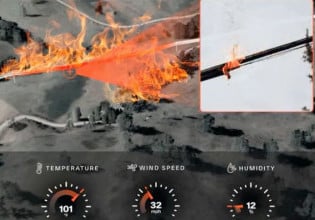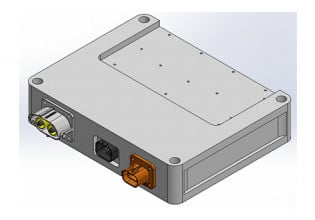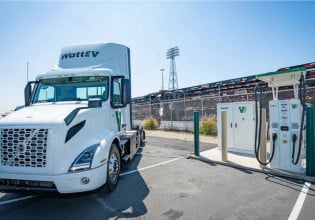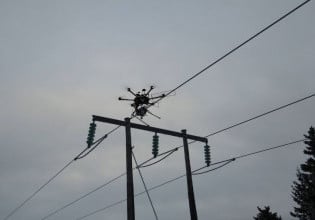Google announced in a blog posted by John Zipfel, Technical Program Manager, that it has joined the Open Compute Project (OCP) to help drive standardization in IT infrastructure. More specifically, Google will contribute a new rack specification that includes 48V power distribution and a new form factor to allow OCP racks to fit into Google data centers.
“Energy efficiency in computing is a topic that has been near and dear to our hearts since the early days. We began advocating for efficient power supplies in 2003, and in 2006 shared details of our 12-volt architecture for racks inside our data centers — the infrastructure that supports and powers rows upon rows of our servers,†stated Zipfel.
“In 2009, we started evaluating alternatives to our 12V power designs that could drive better system efficiency and performance as our fleet demanded more power to support new high-performance computing products, such as high-power CPUs and GPUs. We kicked-off the development of 48V rack power distribution in 2010, as we found it was at least 30% more energy efficient and more cost effective in supporting these higher-performance systems.
“Our 48V architecture has since evolved and includes servers with 48V to point-of-load designs, and rack-level 48V Li-Ion UPS systems. Google has been designing and using 48V infrastructure at scale for several years, and we feel comfortable with the robustness of the design and its reliability.
“As the industry's working to solve these same problems and dealing with higher-power workloads, such as GPUs for machine learning, it makes sense to standardize this new design by working with OCP. We believe this will help everyone adopt this next generation power architecture, and realize the same power efficiency and cost benefits as Google.
“The Open Compute community is an established collection of consumers and producers, and we see an opportunity to contribute our experience and expand the Open Rack specification. We’re collaborating with Facebook on a common 48V rack that we intend to submit for consideration by OCP.
“Today’s launch is a first step in a larger effort. We think there are other areas of possible collaboration with OCP. We’ve recently begun engaging the industry to identify better disk solutions for cloud based applications. And we think that we can work with OCP to go even further, looking up the software stack to standardize server and networking management systems. We look forward to new and exciting advancements to come with the OCP community,†Zipfel’s blog posting concluded.






